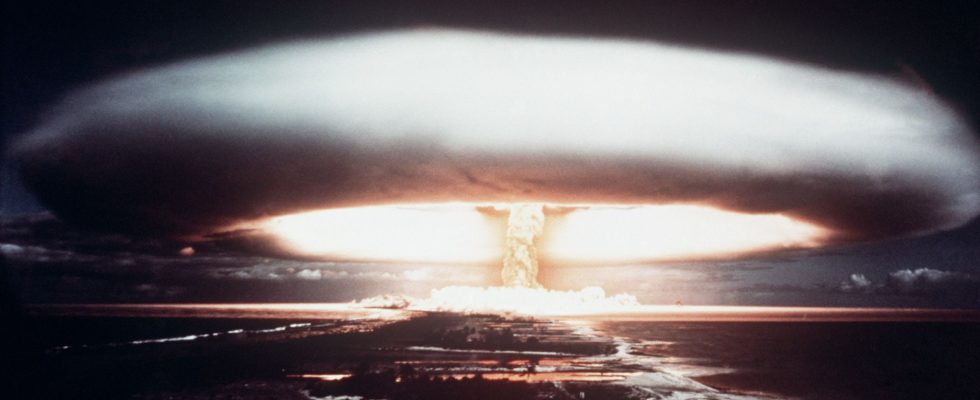Do we really need an indicator signaling that the end of the world is near, especially if its conceptual foundations leave something to be desired? This Tuesday, January 23, the members of the Bulletin of the Atomic Scientists (BAS) established, as every year, a new time for the apocalypse clock. This dial, which symbolizes the extent of planetary risks – the closer we get to midnight, the more threatened humanity is – displays 90 seconds to midnight in 2024, as in 2023. “Make no mistake: keep the clock at 90 seconds before midnight is not an indication that the world is stable. It is urgent that governments and communities around the world act,” however assured the president of the “Bulletin”, Rachel Bronson. Among the risks, the institution’s press release mentions in particular the war in Ukraine, the risk of escalation in the Middle East, but also the nuclear rearmament of China.
Contrary to appearances, there is nothing scientific about this clock. It does not indicate anything specific about our future, which remains to be written. How could we, moreover, model the time that separates us from a nuclear attack? Or the one humanity has left before disappearing? It’s simply impossible. Especially since the clock now takes into account a multitude of threats: atomic bomb, pandemic, climate, artificial intelligence… “If we are to believe its hands, we are currently experiencing a period even more dangerous for humanity than during the Cuban missile crisis in 1962. To say this is already questionable. But what’s more, we have no details on how this or that risk impacts the clock”, laments Jacques Lecomte, doctor of psychology, member of the Scientific Council of the Foundation for Nature and Man and author of the book Nothing is decided (Ed. Les Arènes).
Would Donald Trump’s possible return to power take away a minute from humanity, or more? Would this event have more weight than the war in Ukraine? How is climate change, which will produce its most deleterious effects in the long term, already taken into account in the calculation? The methodology used has never been revealed. We are just talking about a “serious” process on the BAS side. In the absence of a clear explanation of how scientists set the clock, it remains difficult to interpret. Worse, those who decide on its direction may be suspected of being biased in their choices.
“Plunge people into fear”
“It is not because scientists come together to talk about the risks weighing on our society that their remarks are,” recalls Jacques Lecomte. Changing the name of the clock and removing the word “apocalypse” would not have solved the method problem. As for getting closer or further away from the end of the world from one year to the next, does this back and forth really make sense? “Since the start, we have been at best seventeen minutes away from the breaking point. Basically, whatever we do, the message remains the same: Red Alert! It’s a bit like the list of endangered species published by the International Union for Conservation of Nature (IUCN). No matter the category of animals concerned, there is danger”, observes a scientist.
These limitations and inconsistencies have not escaped Steven Pinker, psychologist and professor at Harvard. This one of the most influential intellectuals in the world calls the clock “faulty”. According to him, it mainly contributes to “plunging people into fear”. Jacques Lecomte agrees: “In principle, I say yes to relevant alerts, but no to excessive catastrophism.” When will there be a meter measuring good news?
